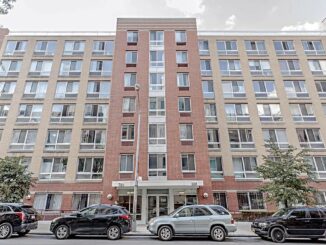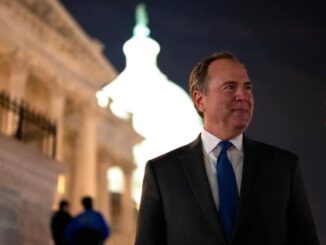
Average perceived likelihood of an increase in housing assistance and affordable housing over the next 12 months declined to 37% in April 2022, from a peak of 52% in August 2021.
Consumer confidence is weakening. Americans are becoming more pessimistic about the chances of finding affordable housing in the next year, according to the Federal Reserve Bank of New York’s April Survey of Consumer Expectations.
The survey, which is conducted every four months, shows the average perceived likelihood of an increase in housing assistance and affordable housing over the next 12 months declined to 37% in April 2022, from a peak of 52% in August 2021.
The results also revealed little change in respondents’ expectations regarding future changes in the mortgage interest deduction and in public college tuition, and a slight rise in the prospect of higher public transportation fees.
The survey is part of the New York Fed’s broader survey of consumer expectations, and provides information on individuals’ expectations regarding future changes in a wide range of public policies. Tracking individuals’ subjective beliefs about future policy changes is important for understanding their behavior as consumers and workers, officials said.
For most tax rates, officials said, consumers consider it increasingly likely that these rates will remain unchanged in the year ahead. In the case of gas taxes, in addition to an increased expectation of no-change, the survey also showed a considerable uptick in the perceived chance of a cut in gas taxes.
The survey shows several interesting changes in the public’s expectations regarding federal assistance and social insurance programs. Following the outbreak of the pandemic in March 2020 and the 2020 general election, and lasting until about August 2021, there was a steady rise in the average likelihood respondents assign to an increase or expansion in housing, welfare and unemployment benefits, in subsidized preschool education, and in federal student aid.
Since then, officials said, the survey shows a strong reversal in the average likelihood of expansions in these programs as respondents increasingly expect no changes in these policies over the next 12 months. Largely similar patterns emerge for expansions in Medicare, social security benefits, parental leave policies, and for an increase in the federal minimum wage.
According to the survey, respondents also reported a considerable decline in optimism about an increase in student loan forgiveness.
Source: Nationalmortgageprofessional.com



